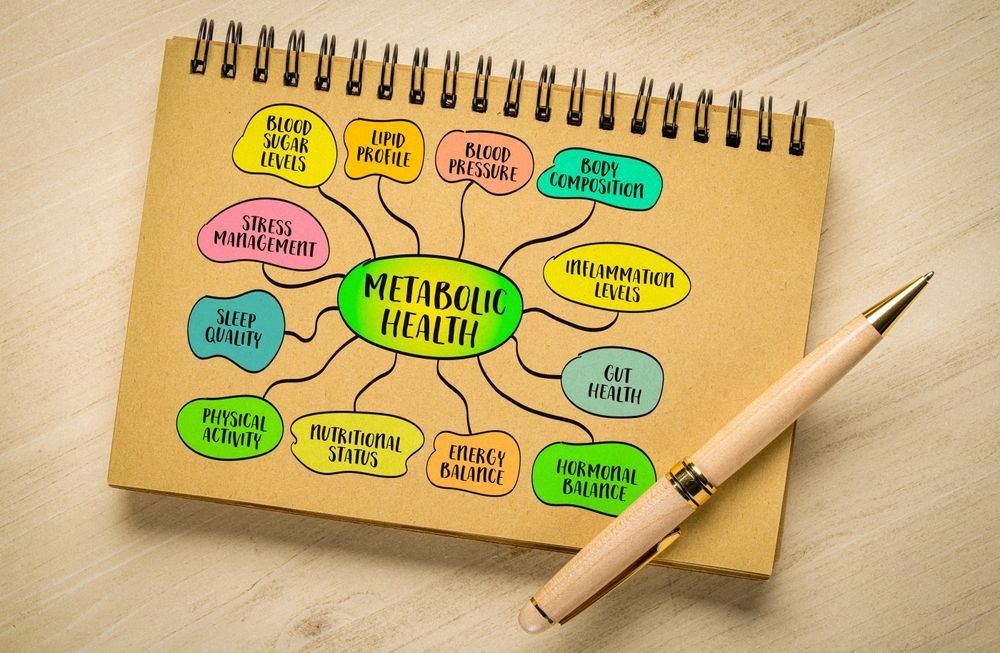How IV Therapy Supports Post-Surgical Recovery

Post-surgical recovery can often be a challenging journey for many individuals. One increasingly popular method to support this process is through intravenous (IV) therapy. This article explores how IV therapy can enhance recovery after surgical procedures, providing essential hydration and nutrients to promote healing.
Understanding the Basics of IV Therapy
What is IV Therapy?
IV therapy involves administering fluids, nutrients, and medications directly into a patient's bloodstream via a vein. This method allows for immediate absorption, making it a highly effective way to deliver essential substances when time matters most. Commonly used in hospitals, IV therapy has gained popularity in outpatient settings as well. In recent years, wellness clinics have emerged, offering IV therapy for hydration, vitamin boosts, and recovery from hangovers, showcasing its versatility beyond traditional medical applications.
Key Components of IV Therapy
The key components of IV therapy typically include saline solutions, vitamins, minerals, and electrolytes. Saline solutions help restore hydration levels, while vitamins and minerals play crucial roles in various bodily functions. The exact composition of an IV drip can vary based on the patient’s needs, aiming to provide the most effective support possible. For instance, a patient recovering from surgery may receive a nutrient-rich solution to promote healing, while an athlete may benefit from a blend designed to replenish electrolytes lost during intense physical activity. Additionally, some IV therapies are tailored to address specific conditions, such as migraine relief or immune support, further highlighting the adaptability of this treatment method.
Benefits of IV Therapy
One of the primary benefits of IV therapy is its ability to deliver nutrients and medications directly into the bloodstream, bypassing the digestive system. This is particularly advantageous for patients who may have difficulty swallowing pills or those with gastrointestinal issues that hinder nutrient absorption. Furthermore, the rapid delivery of fluids can be lifesaving in emergencies, such as severe dehydration or shock. Beyond medical emergencies, many individuals seek IV therapy for its potential to enhance energy levels, improve skin health, and boost overall wellness. As more people become aware of these benefits, the demand for personalized IV therapy solutions continues to grow, leading to innovative formulations tailored to individual health goals.
The Role of IV Therapy in Post-Surgical Recovery
Enhancing Hydration After Surgery
Surgery often leads to a significant loss of fluids, either through blood loss or the body's natural response to stress. IV therapy serves as an immediate solution to restore hydration levels. Maintaining optimal hydration is essential for overall health, as it aids in various bodily processes such as temperature regulation, nutrient transport, and waste removal. Furthermore, adequate hydration can help prevent complications such as kidney damage or urinary tract infections, which can arise when the body is dehydrated. By ensuring that patients are well-hydrated, healthcare providers can significantly improve the overall recovery experience.
Delivering Essential Nutrients Directly
Post-surgical patients may struggle to consume adequate nutrients due to nausea or loss of appetite. IV therapy can circumvent this issue by delivering essential nutrients directly into the bloodstream. This bypasses the digestive system, ensuring that the body receives vital components such as amino acids, vitamins, and glucose needed for recovery. Additionally, specific formulations can be tailored to the individual needs of the patient, addressing conditions such as low protein levels or deficiencies in key vitamins, which can further enhance the healing process. This personalized approach not only supports physical recovery but also contributes to a patient's emotional well-being by alleviating concerns about nutrition during a vulnerable time.
Speeding Up Recovery Time
By providing immediate hydration and nutrients, IV therapy can potentially speed up recovery time. Patients receiving IV therapy often report feeling more energized and experiencing less fatigue. This can lead to a faster return to normal activities, which is crucial for maintaining a good quality of life after surgery. Moreover, studies have shown that patients who utilize IV therapy may experience reduced hospital stays, which can significantly lower healthcare costs and minimize the risk of hospital-acquired infections. The psychological benefits of feeling more active and engaged in recovery can also not be overlooked; patients often feel a sense of empowerment when they are actively participating in their healing process. This holistic approach to recovery underscores the importance of integrating supportive therapies like IV hydration into post-surgical care plans.
The Science Behind IV Therapy and Post-Surgical Recovery
The Impact of IV Therapy on the Body
The effects of IV therapy extend far beyond hydration. Research has shown that proper hydration and nutrient delivery can positively influence the healing process. Improved circulation aids in faster wound healing by ensuring that vital nutrients reach injured tissues efficiently.
How IV Therapy Aids in Tissue Repair and Regeneration
IV therapy also plays a significant role in tissue repair and regeneration. Nutrients delivered through IV therapy can promote collagen production, which is essential for wound healing. Additionally, antioxidants can help combat oxidative stress that often accompanies surgical recovery. This dual action supports the body’s natural healing processes.
Different Types of IV Therapy for Post-Surgical Recovery
Vitamin Infusion Therapy
Vitamin infusion therapy has become a popular choice for post-surgical patients. This type of IV therapy can deliver high doses of essential vitamins, such as vitamin C and B complex, which are known for their roles in energy production and immune function. These high doses may help mitigate recovery time and boost overall wellness.
Hydration Therapy
Hydration therapy focuses primarily on restoring fluid balance in the body. This therapy is particularly important in the days following surgery when fluid intake may be limited. Administering a balanced mix of electrolytes via IV can help maintain hydration and prevent complications related to dehydration.
Antioxidant Therapy
Antioxidant therapy is aimed at reducing oxidative stress on the body, which can be elevated after surgery. IV therapy can deliver antioxidants like glutathione and alpha-lipoic acid directly into the bloodstream. These compounds help combat free radicals, reduce inflammation, and enhance the body’s ability to repair tissues.
Potential Risks and Side Effects of IV Therapy
Understanding the Risks
While IV therapy offers many benefits, it is essential to be aware of potential risks. Infections, inflammation of the vein, and allergic reactions are some concerns associated with IV therapy. It is crucial to have the procedure performed by trained healthcare professionals to minimize these risks.
Common Side Effects
Patients may experience mild side effects such as bruising at the injection site, lightheadedness, or temporary discomfort. These effects are often minor and resolve quickly. However, it is important for patients to communicate any unusual symptoms to their healthcare providers immediately.
In conclusion, IV therapy presents an effective approach to support post-surgical recovery, providing crucial hydration and nutrients. By understanding its benefits, different types, and associated risks, patients can make informed decisions about integrating IV therapy into their recovery plans.










